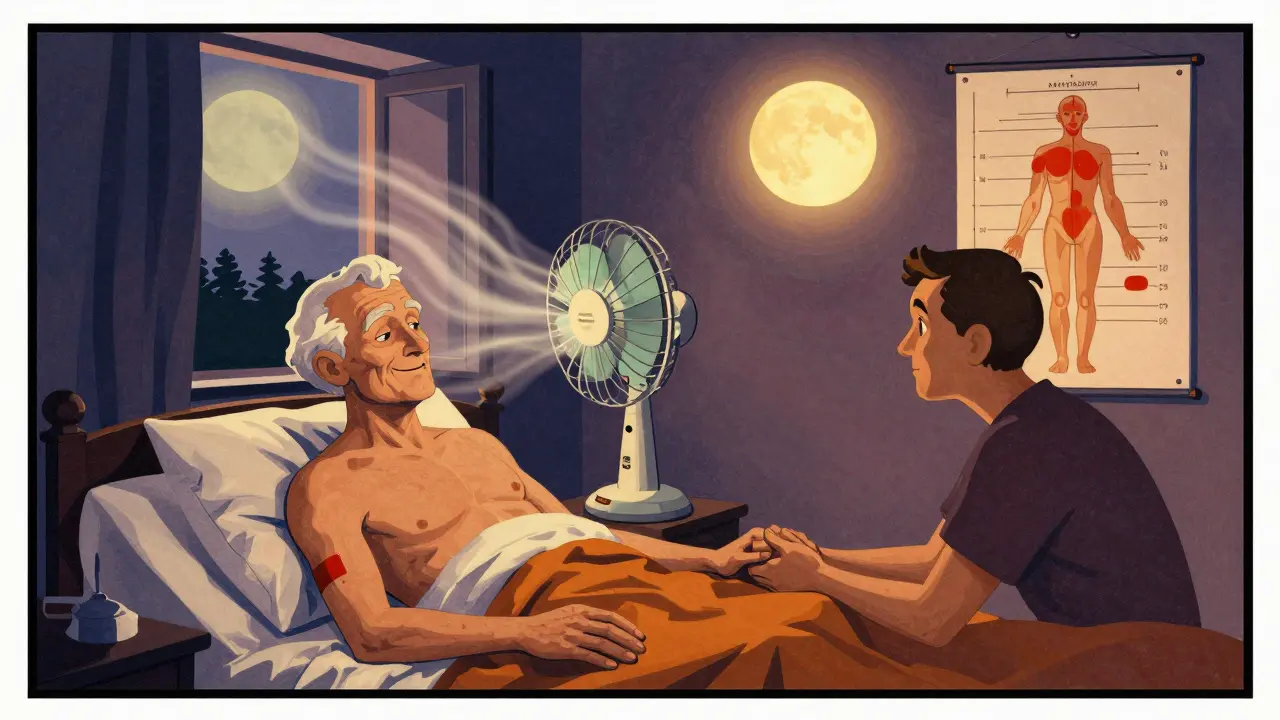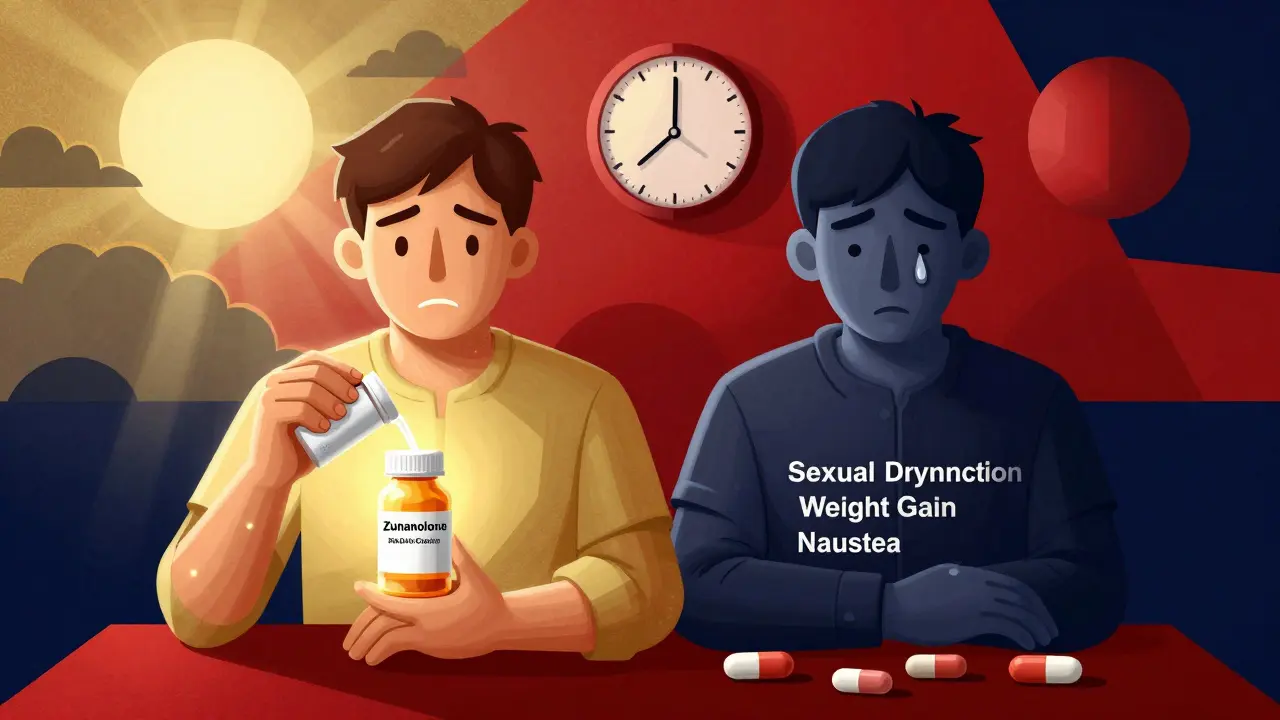Side effects: practical tips to spot and manage adverse reactions
A simple rash, a bad stomach, or a racing heart—those are the kinds of side effects that can turn a helpful medicine into a headache. This page collects clear, practical guidance so you can spot warning signs, reduce risk, and know when to call your doctor.
How side effects happen and real examples
Medications act on the body, and sometimes they affect parts you don�t want them to. Pain relievers like celecoxib (Celebrex) work on inflammation but can raise the risk of stomach bleeding and, in some people, heart problems. Chemotherapy drugs such as capecitabine often cause nausea, diarrhea, low blood counts, and a specific issue called hand-foot syndrome. Natural products and topicals can cause allergic or irritant reactions�for example, Rumalaya cream may ease joint pain but can irritate sensitive skin.
When you read an article on this site about a drug or supplement, we try to name the most common and the most serious side effects so you can judge risk quickly. We also flag interactions and anything that needs urgent attention.
Simple steps to reduce risk and act fast
Start by reading the patient leaflet and the "side effects" section before you begin a new medicine. Track what you feel for the first few days: note timing, severity, and whether symptoms improve or get worse. That record helps your doctor figure out if the drug is the cause.
Follow these practical tips:
- Take medicines the right way: with food if advised, at the right time, and with the right dose. Small changes, like taking NSAIDs with a meal, cut stomach upset for many people.
- Check interactions: a pharmacist can quickly spot risky mixes. For example, certain antibiotics, antifungals, or herbal supplements change how other drugs work and can increase side effects.
- Avoid known triggers: alcohol can make reactions worse or interact badly with drugs such as disulfiram-type medicines. If an article names a risky combo, treat it seriously.
- Report serious or unexpected reactions: get urgent care for breathing trouble, swelling, fainting, severe chest pain, or signs of major bleeding. For non-urgent but concerning effects, call your prescriber or pharmacist.
- Review alternatives: if side effects are severe, ask about different drugs or non-drug options. We cover alternatives across many posts, from painkillers to smoking treatments and antibiotic swaps.
Finally, use trusted sources. If you're buying meds online, verify the pharmacy and read our guide on safe online pharmacies. If you keep notes and talk openly with your clinician, you give yourself the best chance to stay safe while getting the benefits of a treatment.
If you want, browse the related articles below to read side-effect details for specific drugs like Celebrex or capecitabine, or check natural product pages for safety notes. Knowing the likely side effects and what to do about them makes treatment safer and less stressful.






